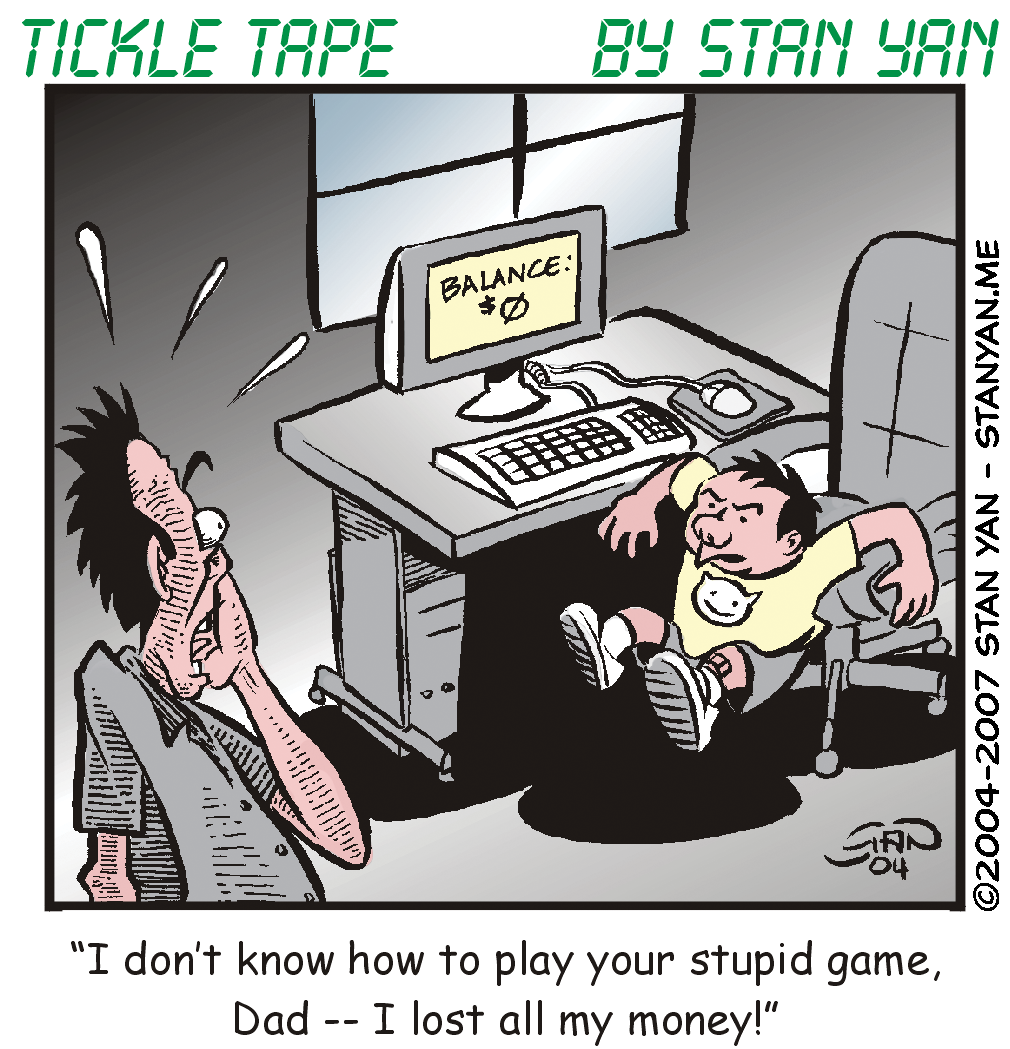When trading the markets, there’s a constant need to make profits. You can easily start feeling that there’s too much to do and not enough time to do it. If you’re like most traders, you’re afraid of missing out on opportunities. You know that it’s hard to take money out of the markets, and you know that to stay on top, you have to keep working on it. Why do people work so hard in such a profession? Most people would say it’s for the money. It is for the money, isn’t it? Many traders say that there are other reasons. One of the main reasons is feeling that you have mastered a career in which few survive. But perhaps the best reason to stay in the trading profession is the freedom traders have. Traders work for themselves and on their own terms.
A sense of freedom can be a powerful motivator. In an interview with Innerworth staff, for example, Don said, “When I made the decision to trade full time, I did so for a couple of reasons. One was for the freedom and independence…trading offered some financial upside, but I didn’t go into trading for the money. I did it for the freedom.”
Many traders take the freedom trading offers for granted. In a competitive world where most people define their self-worth based on how they compare to others, there’s a powerful need to keep up with the guy next door. Out of sheer habit, one incessantly asks, “How well am I doing?” and that question usually leads to asking, “How well ‘should’ I be doing?” It’s hard to escape the need to succeed. The media provides a continuous barrage of images of success: “Buy a sleek, new sports car and impress the neighbors. Wear the latest designer fashions and watch heads turn as you walk by.” Implicit in all these messages is the idea that in order to have value as a person, you must have more, or do more, than your friends and neighbors. The need to succeed can make you feel trapped, however. If you feel the pressure to make huge profits, you’ll feel the strain and it may undermine the freedom you could be experiencing. Instead, it’s much more useful to strive for modest goals. It helps you cope with the stresses and stains of trading.
We asked Don how he copes with the pressure to succeed: “I think that doing some simple math helps. Let’s say you want to earn a certain amount over the course of a month. If you divide that amount (monthly financial goals) by the number of trading days, it doesn’t come to a whole lot. Suppose somebody wants to make $60,000 a year. If you divide that by 12 months, it is $5,000 a month. If you divide that by the number of days in a month, let’s say 20 trading days, that’s $250 a day. That’s not a whole lot of money if one is skilled in this business.
Looking at it like that, by the simple fact that you recognize that you don’t need to make it all in one day or in one trade, really put things in perspective.” When you break down what you need to do on any given day, it will seem reasonable and you will feel free. So don’t stress yourself out by trying to achieve goals that seem impossible. By thinking modestly, you will be able to make realistic plans for achieving them, and in the end, you’ll see that you can trade profitably and enjoy the freedom trading offers.

